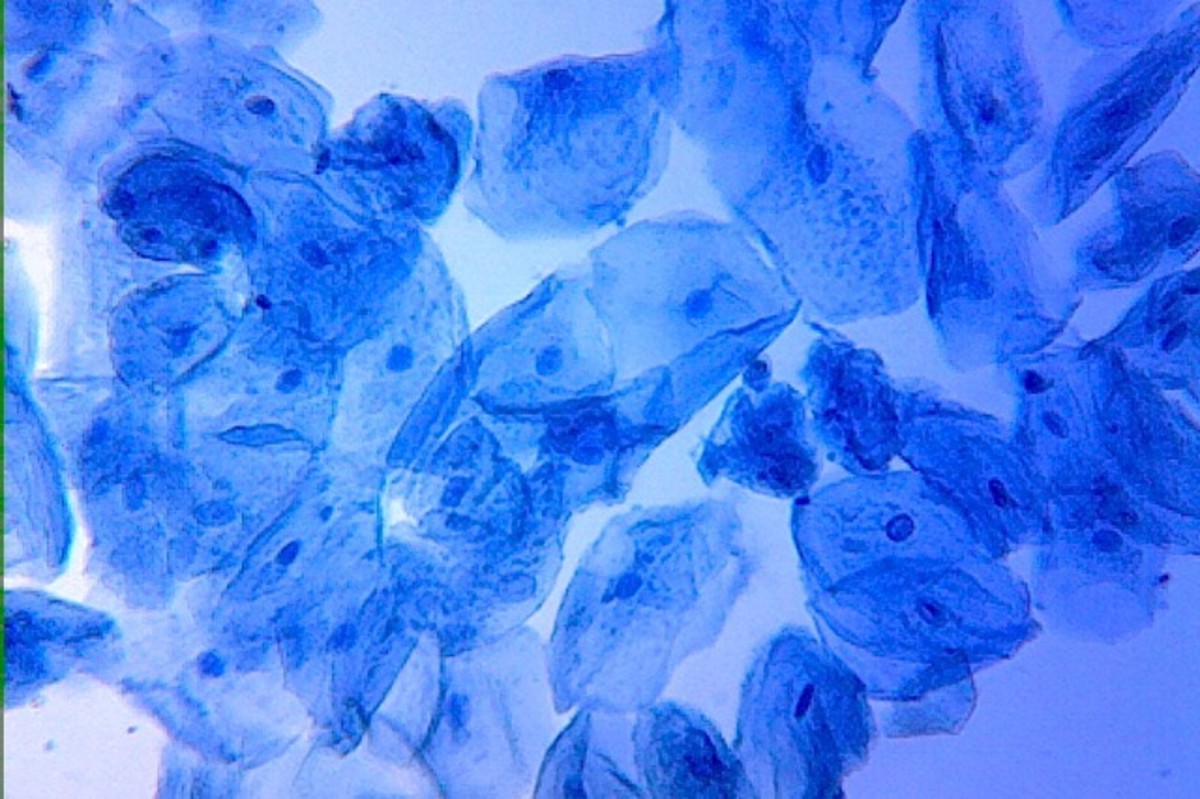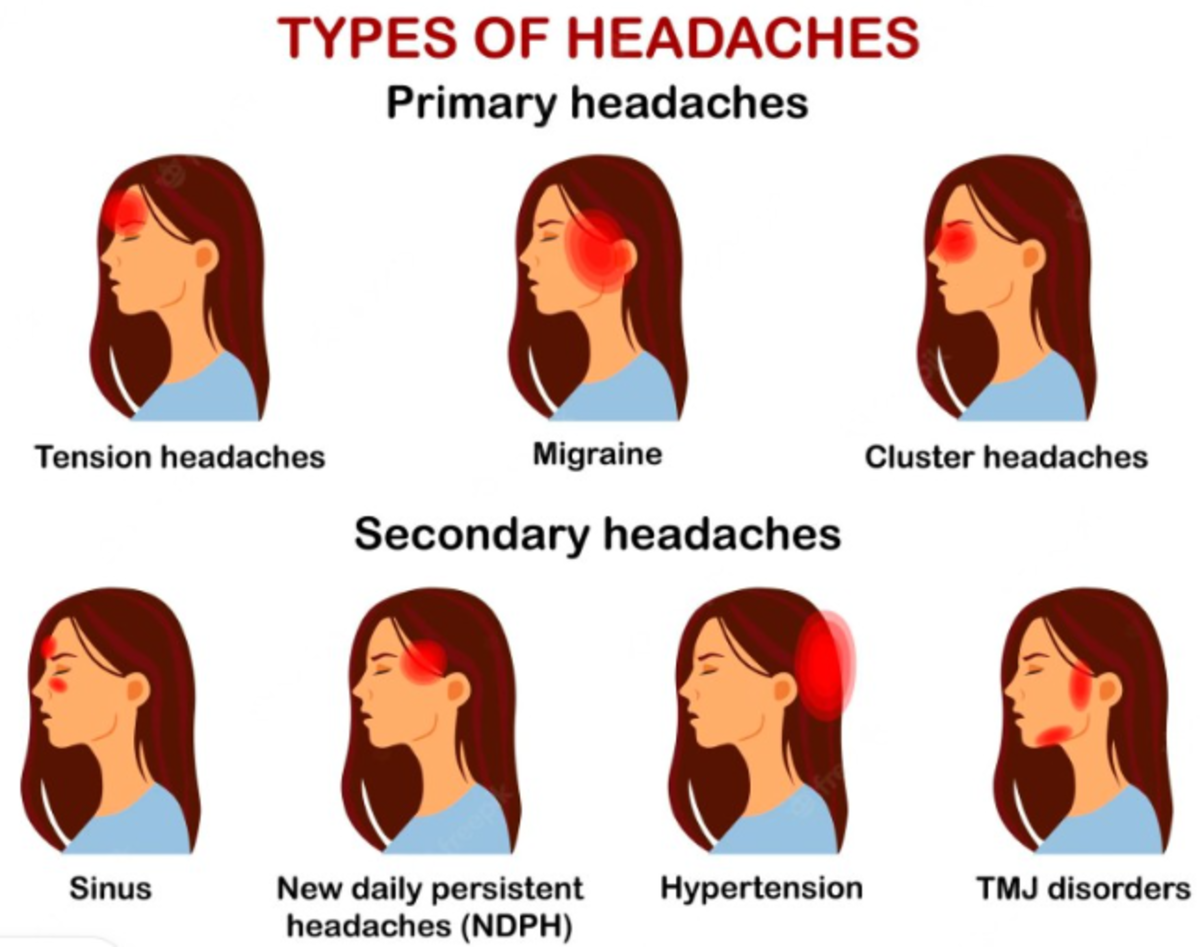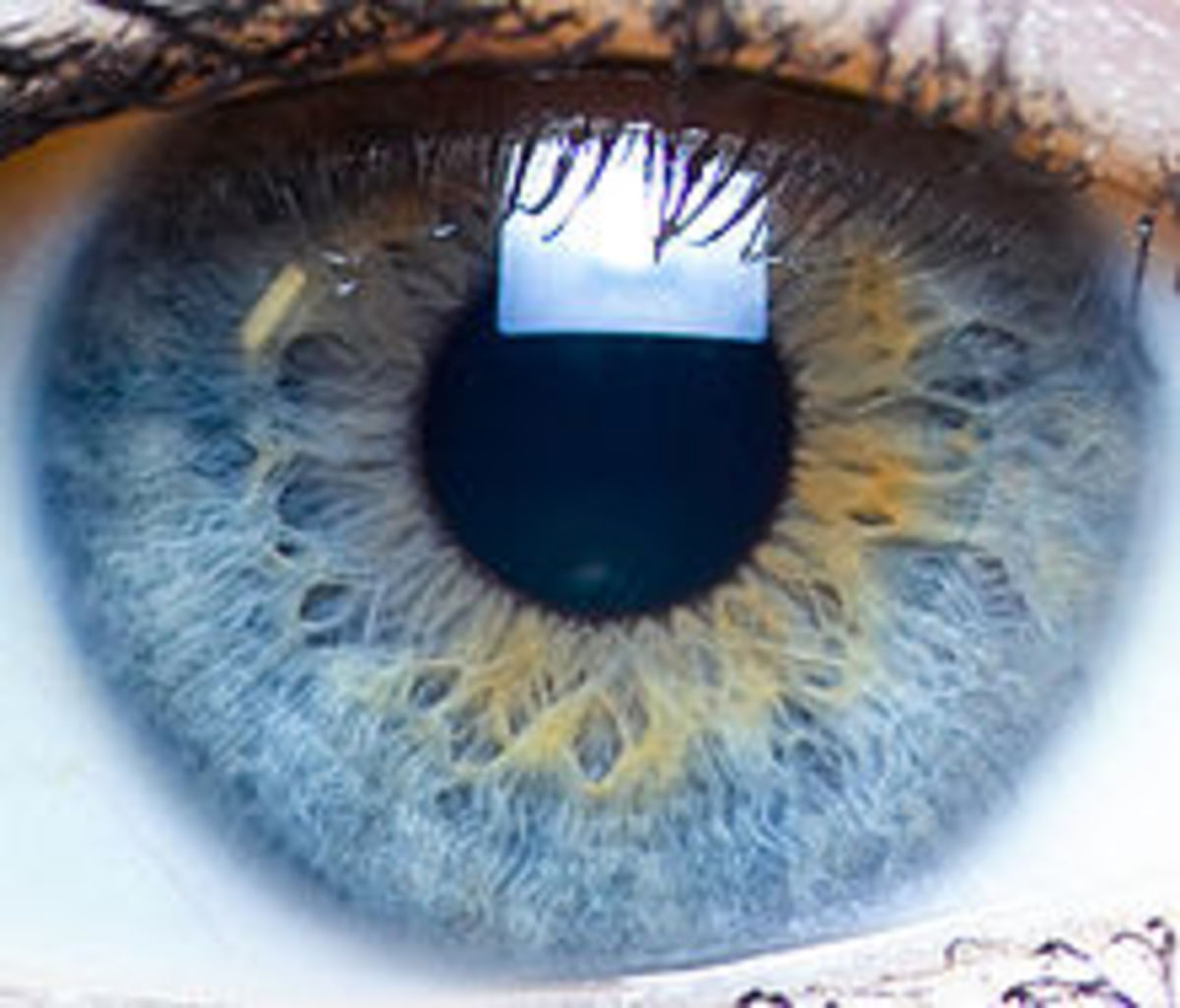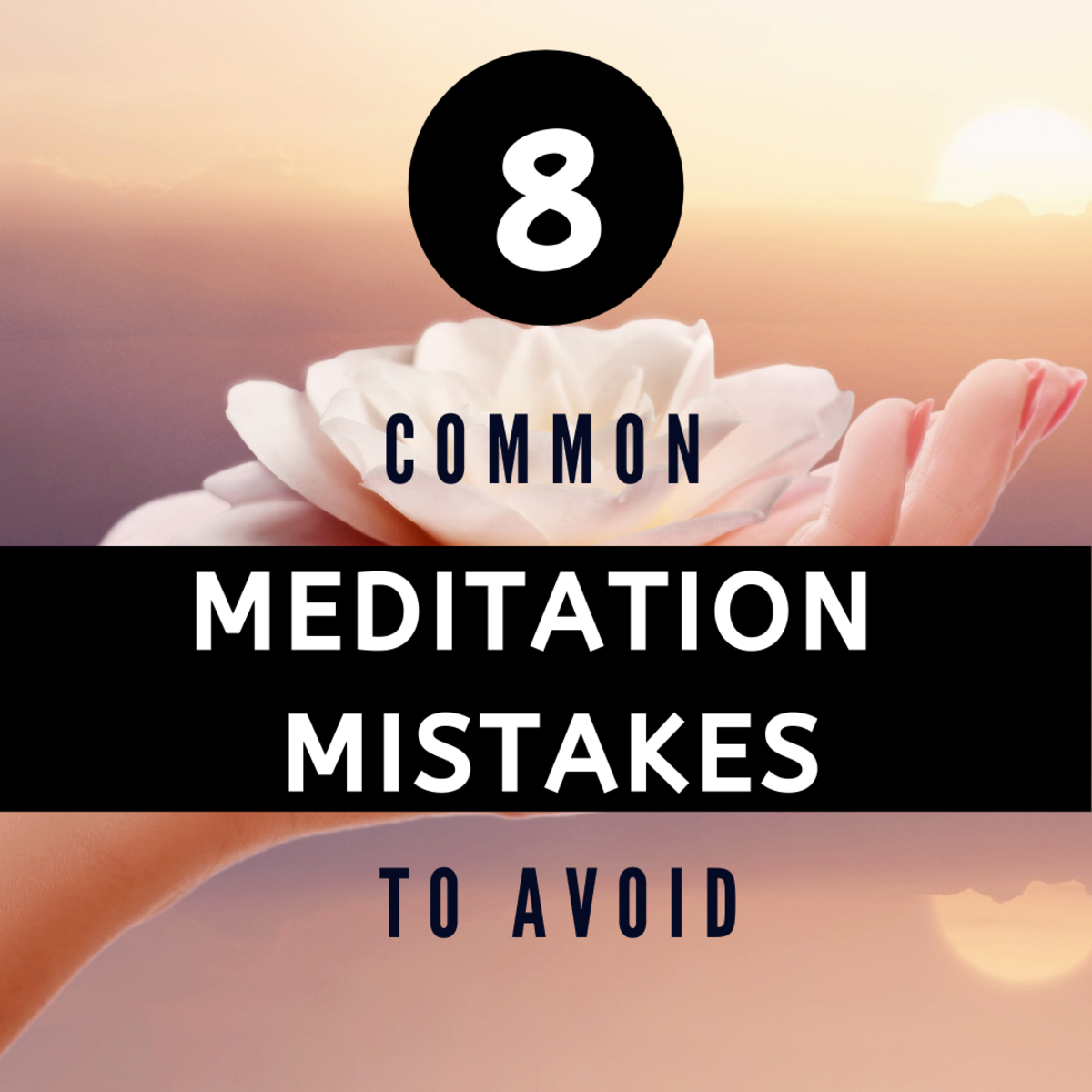Caffeine: Helpful, Not Harmful
Setting the Stage
I am sitting here in my home with a big mug of coffee, getting ready to write this hub. I am satisfied knowing that this caffeine-rich beverage is actually good for me in some ways. Not only has caffeine been credited for making people more alert, it has also been found to help people with the following ailments:
- Alzheimer's disease
- Parkinson's disease
- Asthma
Caffeine can also limit:
- stroke damage
- skin, colon, and breast cancers ~ a stronger antioxidant than vitamin C
Caffeine has also been found to boost moods and maximize weight-loss. In addition, studies have shown that caffeine, contrary to popular belief, does not exacerbate heart disease.
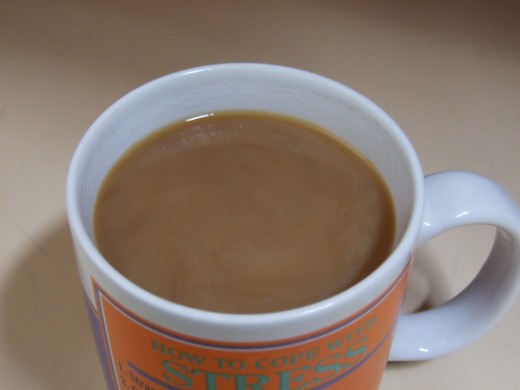
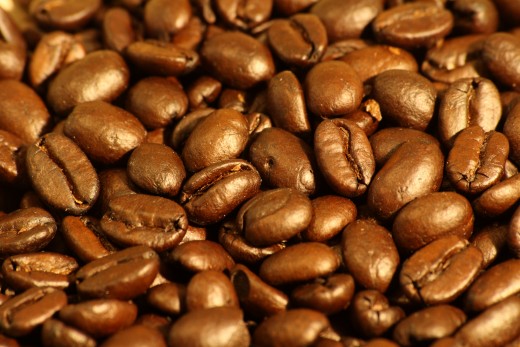
How Caffeine Works
Caffeine is helpful to the brain because it boosts the effects of the neurotransmitters dopamine and seratonin. These neurotransmitters enhance the ability for neurons to communicate. Dopamine and seratonin improve moods. Caffeine also boosts levels of the neurotransmitter, acetylcholine, which improves short-term memory. Reaction time, reasoning abilities, and memory are increased in those with higher levels of caffeine in them.
The amazing thing is, it doesn't take much to boost memory and mood ~ as little as 100mg of caffeine. Larger amounts of around 200mg is needed for optimal mental or physical performance. There is also little chance of you developing a tolerance for caffeine, therefore needing more and more as time goes on. Caffeine often takes around 15 minutes to kick in with the effects lasting around three to four hours, although this can vary from person to person. Depending on your body chemistry, caffeine may also interfere with your sleep.
Caffeine comes in many different forms...in coffee, in soda (Coke or Pepsi), in liquid form (5 Hour Energy), and in pill form (No-Doz).

The Benefits of Caffeine
Relieve Headaches
Caffeine is an active ingredient found in over-the-counter painkillers. It is also an ingredient in some prescription medications. It is particularly helpful for migraines and tension headaches. The caffeine stimulates the body's natural painkilling mechanisms and acts faster than medications. Drinking or taking in 200mg of caffeine at the onset of a headache can help avert it. Caffeine with ibuprofen or any other over-the-counter medication can help an intense migraine without risk.
Lose Weight
Caffeine can help a person lose weight by stimulating the release of cholecystokinin (CCK), a hormone that supresses appetite, promotes the feeling of fullness and delays the onset of hunger. Caffeine also promotes efficient fat-burning and increases metabolism. You will limit your consumption of food if you drink or take in caffeine 15 minutes prior to your meal.
Maximize Workouts
Caffeine increases the effects of every area of your workouts and physical activity. It helps with endurance, speed, and lung capacity. It also helps damaged muscle cells recover and heal. Caffeine can be helpful to people prior to strenuous exercise such as training for and running in a marathon.
Drive Safely
Driver fatigue plagues many people each year. It is the leading cause of highway fatalities in the United States. A study suggests that drivers who consumed 200mg of caffeine had significant improvements in alertness and reaction times as compared to people who didn't.
If you feel sleepy while driving, drinking a cup of coffee or soda, coupled with a 15 minute nap, will help you drive the remainder of your trip with ease. The caffeine enters your bloodstream while you are resting, making you more alert when you're back on the road.
Fight Jet Lag
Long-distance travelers often suffer from fatigue, irritability, headaches, and gastrointestinal discomfort as a result of jet lag. Caffeine can help your body adjust to the new time zone. Before your trip, avoid caffeine in order to increase the effects later. Immediately after arriving at your destination, take in or drink caffeine. Repeat this every three hours until you reach your personal caffeine cut-off point. This boost in energy will help you stay awake and shift your body clock to the new time zone.
Caffeine and Hay Fever???
Caffeine has also been found to help those who suffer from hay fever symptoms. It has been found to block nasal inflammation caused by hay fever. Go figure!
Caution
Along with the benefits of caffeine come some risks that you might want to keep in mind:
- high blood pressure
- rapid heart beat
- sleeplessness and irritability
- heartburn
- nausea
Of course, excessive consumption on any one substance is bad for your body. Studies have found that two cups of coffee a day does not propose any harm to your body in the long run.


